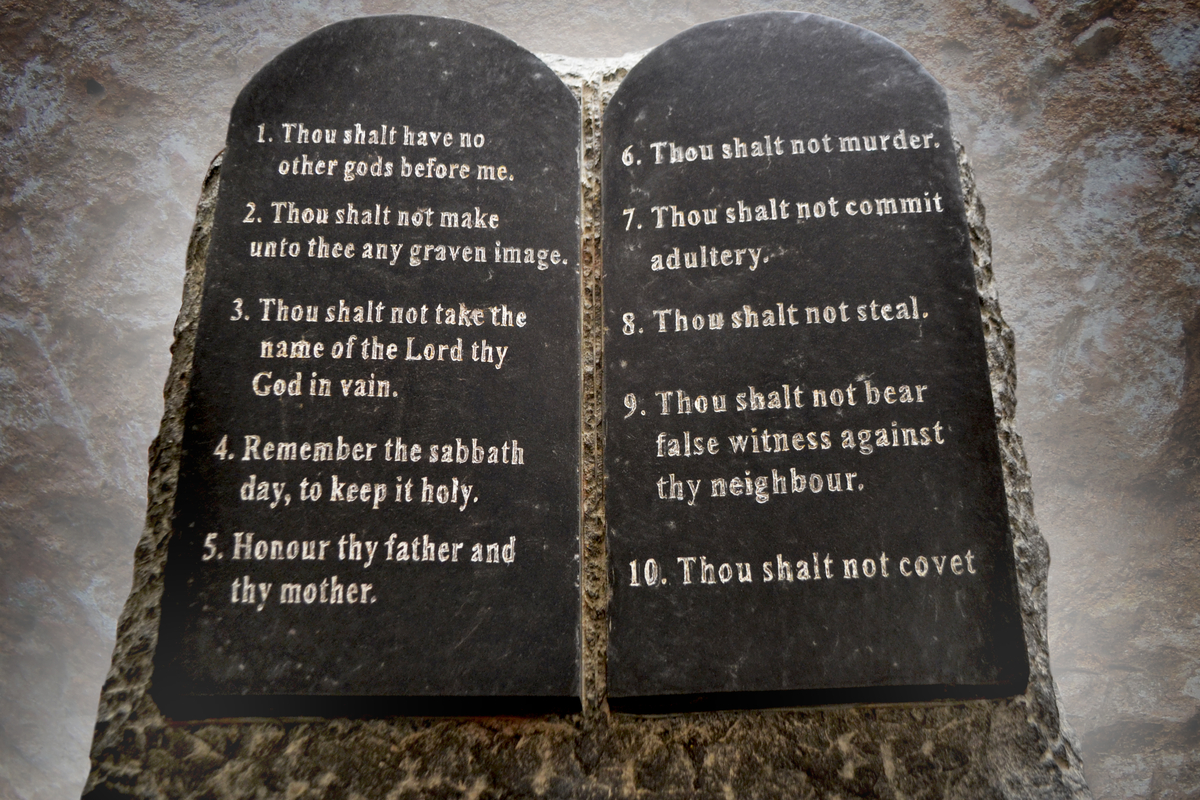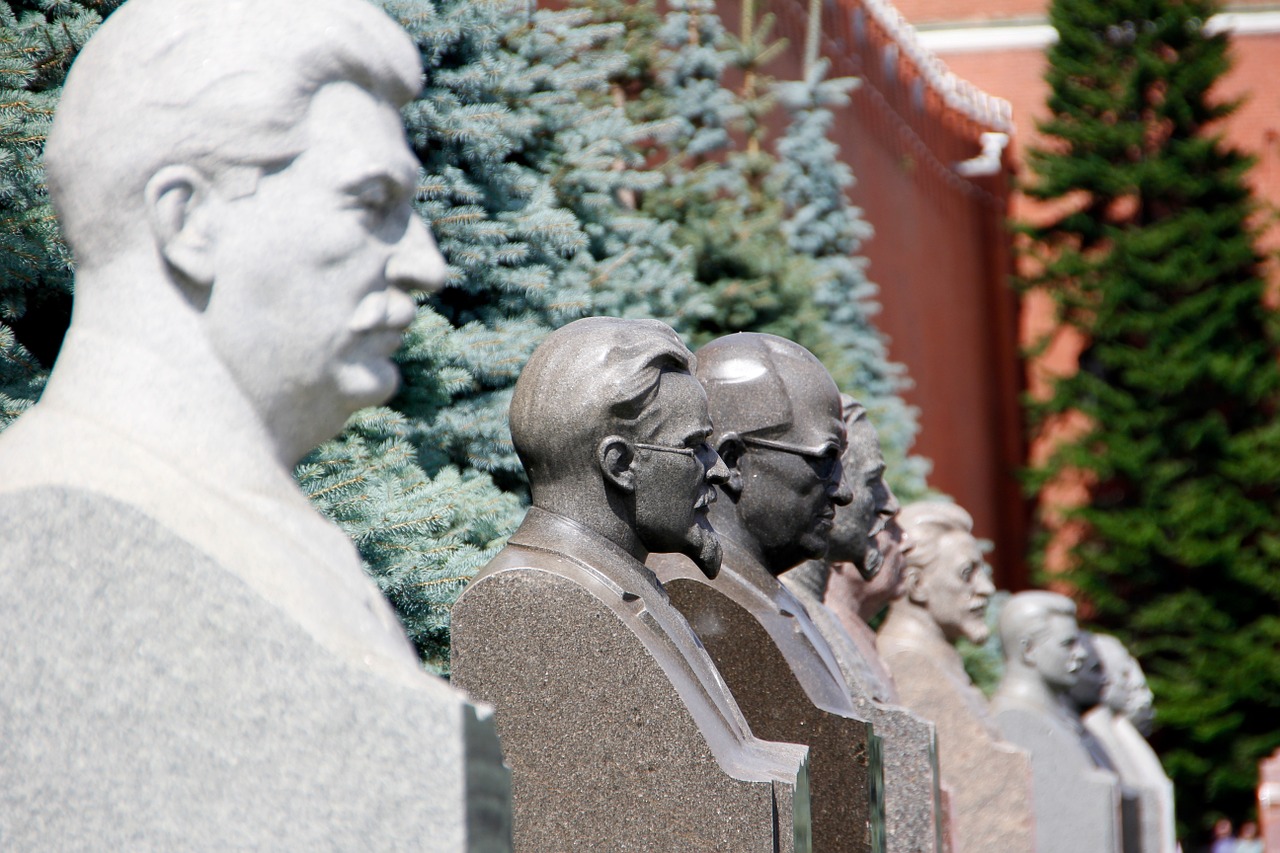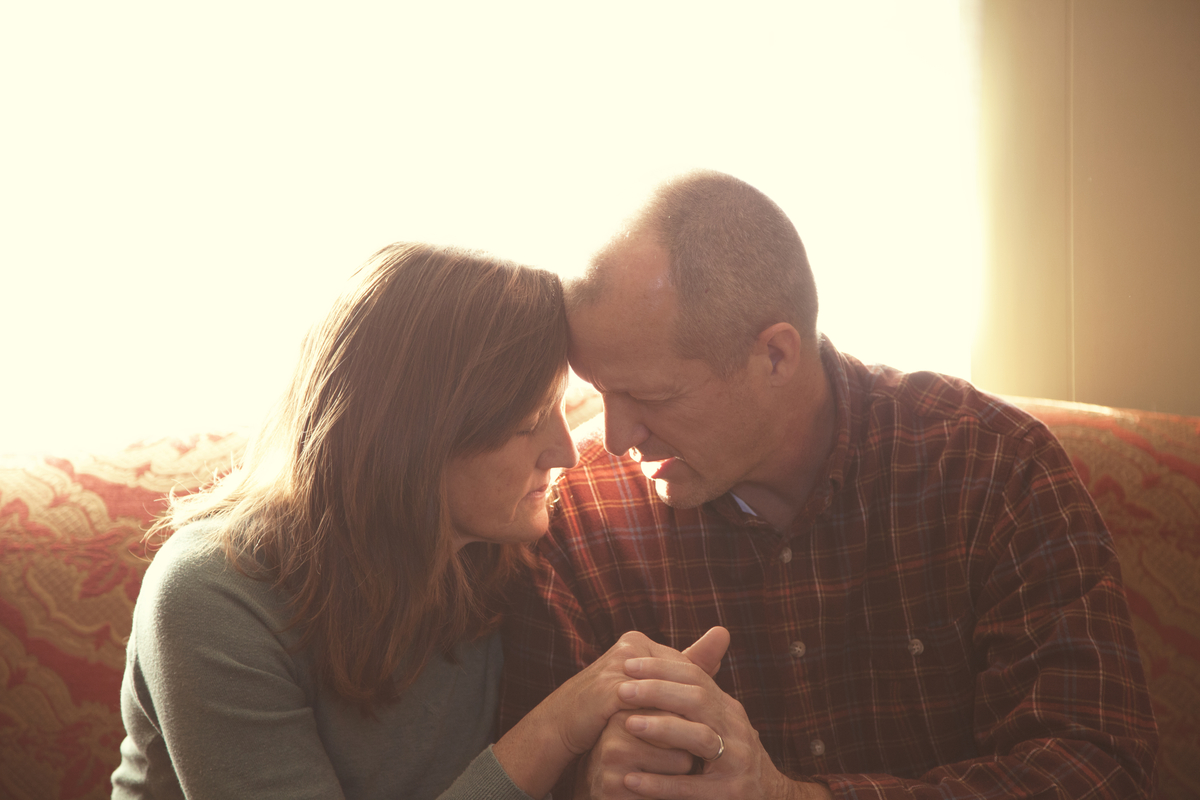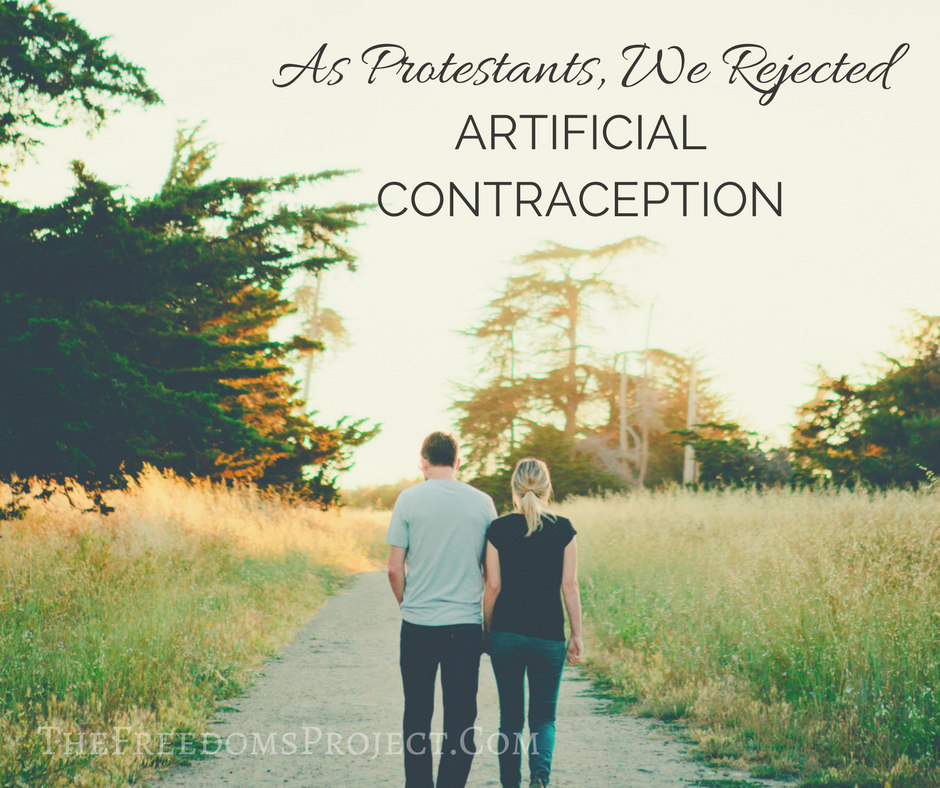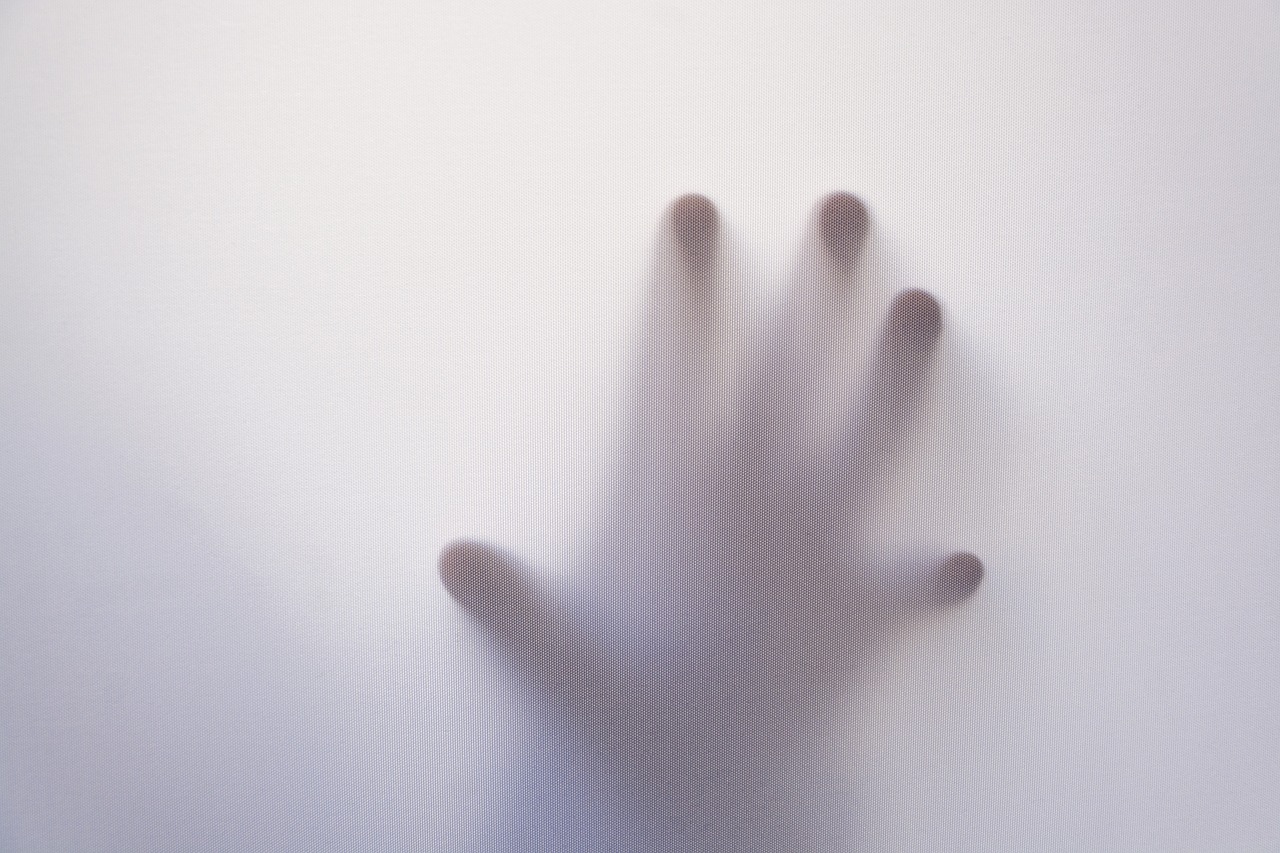10 Reasons Why Christianity is Leaving the Public Square
Written by Kathy ClubbI recently attended a colloquium run by the Presbyterian Church, Religion in the Public Square. Speakers included the illustrious Augusto Zimmerman, journalist Angela Shanahan, and other cultural commentators. The talks covered the current litany of restrictions being placed on Christians in the public arena. It was sobering to hear spectrum of persecutions being waged against us both in Australia and overseas - remember this was before the results of the postal vote on marriage were known. If it was bad before, then it prosises to be much worse from now on.
When Santayana told us to never ignore the lessons of history lest we repeat its mistakes, he could not have been more correct. And those who do study history see his advice being played out – that is, ignored – all the time: historical mistakes are being replicated constantly for the very reason that we do NOT study history and learn from it. One of the most frightening examples of this is our historical amnesia when it comes to communism. A century of communism should confirm to everyone that this has been one of the worst, bloodiest and most deplorable political ideologies ever.  Yet plenty of folks who should know better (such as university students, etc) are utterly clueless. Certainly most Western young people seem totally unaware of recent history, and are therefore heading over the cliff in repeating its mistakes.
Yet plenty of folks who should know better (such as university students, etc) are utterly clueless. Certainly most Western young people seem totally unaware of recent history, and are therefore heading over the cliff in repeating its mistakes.
A Nation that dishonours its past does not deserve a future. One could see that as something of a judgement but in fact it is a simple consequence. At times in any Nation's history an extreme effort is called for and its success is honoured. It must be honoured. But we live in - as the Chinese say - 'interesting times', (read, 'difficult') and Britain's leaders, both political and 'media' are deliberately dishonouring Britain's extreme efforts. This will not end well. In the Tavern we take a minute of silence at 11am on November 11th. It is the day we remember those that fell in the First World War. Many young people do not even know of that war because their 'educators' do not want it remembered. Others, too, do not want it remembered, let alone honoured. It is scandalous. Simon Jenkins....the Guardian, of course.
In 1993 God began to speak to me about taking the Pill. I had been taking the mini-pill since D’s birth in 1983. I loved it - great contraception and the added bonus of no periods.
How secular was my thinking? No thought of God’s plan for my fertility.
This is What Progressives Think About Your Freedoms
Written by Kathy ClubbOne of the major differences between conservatives and progressives is that we demand protections for all citizens, whereas in general, progressives demand rights for their adherents exclusively. This difference has been particularly noticeable during the campaign for marriage equality, although it shows up across the board. Progressives have taken to openly criticising us for our desire to preserve our freedoms. Gay rights activist, Rodney Croome, goes so far as to say that for conservatives - whom Croome refers to as the radical right - the fear of losing freedoms is actually an attempt to gain power:
As Protestants, We Rejected Artificial Contraception
Written by TestimonyFor many, the link between contraception and abortion is clear: when the potential for babies is taken out of sexual activity, then pregnancy becomes an intrusion, an unintended consequence. It becomes something to be avoided at all costs – even if that cost includes taking a life. But sadly, that connection isn’t clear to every pro-life person – even to many Christians. This is the first in a series of testimonies by Christians who rejected artificial contraception because they were convicted by God to grow in faith and leave their fertility in His hands.
Voluntary assisted suicide, physician-assisted suicide and euthanasia are always sold as being peaceful solutions to the age-old problem of death. Rather than finding ways to help people accept the uncertainty surrounding this very certain phenomenon, purveyors of the death-culture can only offer their single service: murder. But experience has shown that the very symptoms patients are trying to avoid may crop up in an assisted killing:
The most comprehensive study on clinical problems with assisted suicide was conducted over a six year period in the Netherlands, where assisted suicide has been legal for many years. The study was published in the New England Journal of Medicine on Feb. 24, 2000. It found that more than 18 percent of assisted suicides experienced problems severe enough to cause a doctor to step in and euthanize the patient. In at least 14 percent of assisted suicides the patient had problems with completion including waking up from coma, not becoming comatose, and patients not dying after becoming comatose. Another seven percent of assisted suicides reported muscle spasms, extreme gasping for air, nausea and vomiting. (N Engl J Med 2000; 342:551-556 as quoted here).
So let's look again at these stats:
- 20% of cases required doctors to intervene and directly murder their patients
- 14% failed to die, ie woke up
- 7% of patients experienced distressing symptoms - far from the peaceful death they were promised. [Read more here]
These are hardly 'dignified death' - and sometimes no death even occurs!
No Guarantees
Meanwhile, the Victorian government is doing its darndest to find an effective method of killing it's second-most most vulnerable citizens. (The art of doing away with its most vulnerable - the unborn - was perfected 9 years ago, when abortion was decriminalised). The Health Department has apparently approached Monash university in an effort to procure something elegantly lethal to provide a sure-fire way of murdering Victorians. Physicians will have the motive and the opportunity, if the legislation goes ahead, but are still shopping around for an effective means. However, they might have a small problem: death-inducing drugs are not as failsafe as they're purported to be. Here's a statement from end of life researcher Sean Riley: [Read more in this article]
The pervasive belief that these, or any, noxious drugs are guaranteed to provide for a peaceful and painless death must be dispelled; modern medicine cannot yet achieve this. Certainly some, if not most, executions and suicides have been complication-free, but this notion has allowed much of the general public to write them off as humane, and turn a blind eye to any potential problems. Executions or PAS have never been as clean as they appear, even with the US’s medicalization efforts during the 1980s."
Is it Dignified to Die of Loneliness?
This 2014 article mentions nine cases of patients with psychological problems who had been euthanised the previous year in the Netherlands. Their problems ranged from an extreme germ phobia to intense self-hatred. One common denominator in all the cases is that the patients appeared to have no-one to support them in living; they seemed to be extremely lonely people. These were not patients suffering from unendurable physical pain or terminal diagnoses. Surely we can do better than to condemn those suffering from feelings of isolation and those who have mental health issues to death? Surely we can provide some hope for these sick, lonely people? I found the most chilling part of the article to be this statement:
Over sixty percent of Dutch GPs and specialists who took part in a study at the end of 2012 stated that committing euthanasia on psychiatric patients was “inconceivable”.
Euthanasia advocates may want to rethink their opposition to slippery slope arguments: only one year before these patients were euthanised, the medical establishment had considered that PASE on these grounds to be unthinkable.
The Man Who Woke Up
The case of David Pruiett is one that many would sympathise with. Here was man who was actually suffering from a terminal illness and who had only a short time to live; he was terminally ill with lung and bone cancer. Pruitt decided he would prefer to choose the hour of his death rather than wait for nature to take its course. After consuming the powder from 100 barbiturate tablets, he became unconscious but woke three days later. Pruiett then asked his wife why he wasn't dead yet.
Pruiett, 42, is the only Oregonian to survive a full dose of the barbiturates prescribed under the state's physician-assisted suicide law. After waking up, he reportedly told his wife that while he was unconscious, God had told him that his action wasn't the way to get into heaven. He died from lung and bone cancer two weeks after his failed assisted-suicide attempt.
This story should jolt Christians who approve of assisted-suicide out of their spiritual slumber. Apparently God isn't happy for a mortal to deliberately shorten his own life by even as little as two weeks.
Unhappy With a Sex Change
This case is very sad. It is really just another case of severe loneliness and lack of loving support. A woman felt from birth that she wasn't welcome in her family due to her gender. She underwent hormone therapy and invasive surgery in order to become a man, but the operation didn't go as expected:
"I was ready to celebrate my new birth," he told the newspaper. "But when I looked in the mirror, I was disgusted with myself. My new breasts did not match my expectations and my new penis had symptoms of rejection. I do not want to be... a monster. "
After 6 months of counselling, Nathan Verhelst - born Nancy - felt so dissatisfied with herself that she asked to be killed. This case illustrates the twin tragedies of gender reassignment and failure to offer unconditional love to a family member. This highlights the inability of society to support vulnerable people, especially when the option of state-sanctioned murder is readily available.
Philip Nitschke's Disturbing Habit
Philip Nitschke is a world-renown expert on suicide advice, having authored books and a website describing the finer details of killing oneself. While governments spend millions on trying to halt the rising rates of suicide, Nitschke instead tries to help unhappy people leave this mortal coil and attempt to find peace in annihilation. Nitschke was a medical doctor, until deregistered in 2015; as well as advising on suicide tips, he has also personally assisted some of his patients to die. His biography uncovers some startling facts about his response to taking a life. The following is an extract from this article:
In the first set of page proofs of Damned If I Do sent out by Melbourne University Press, Nitschke was at his most candid. "After performing my role in those deaths, I had an urgent and pressing need for sex," he wrote. He was having an affair with a journalist and the sex, he says, was "frantic and sometimes desperate". But in a later set of proofs, the section is toned down. Sex has become a "desperate craving for intimacy".
Nitschke goes on to say:
"There was this immense feeling of being alive. And then taking a deep breath ... and almost immediately, this sexual urge. It was a way I could demonstrate to myself that I was alive. It wasn't me that was dead."
The response itself is quite bizarre, but his explanation is even stranger. For why would an advocate for suicide be relieved that he was still alive? Perhaps he knows deep down that there is actually something wrong with assisting in such an unnatural death. And speaking of Nitschke, who can forget this case of the Exit International follower who took his own life in a foreign country, leaving his poor family to put together the pieces surrounding his unexpected death?
Judi Taylor’s young and healthy son, Lucas, died of illegally assisted suicide in 2012. Judi says her son’s every step and every instruction — and strong encouragement — came from a Peaceful Pill online forum run by Exit International, the pro-euthanasia lobby group run by now-former medical practitioner Philip Nitschke. What’s disturbing is the entire legal system and government – which claims to be concerned about reducing Australia’s high rate of suicide – is seemingly uninterested in reducing the illegal trade in assisted suicide. In fact, Victoria is currently leading the reckless charge to make the predatory death industry legal.
I highly recommend watching this series of videos in which Judi Taylor describes her heart-breaking experience. [Click here to watch the videos.]
Support Staff have Dignity,Too
This article describes a paper which examines the effect legal euthanasia is having on the medical fraternity in Canada. The author interviewed medical staff to find out how their work had changed since the introduction of assisted suicide. The words of oncologist, Dr. Madeliene Li, are in italics:
Figuring out the best method for death was also complicated. In Oregon, where assisted death is legal, doctors can write patients a description for a lethal oral medication and then walk away. Canadian physicians were surprised to learn that the barbiturates used in that protocol weren’t available here. Instead, doctors and nurses deliver a series of drugs intravenously, a process that is far more intimate than writing a prescription. Assisted death, the polite euphemism used to describe the act, is really a misnomer. Doctors don’t “assist” in a death; they are the active agents. “We are doing euthanasia,” says Li. “We are actively ending a life. And it’s very new to us.” Not only is it new, but the transition from healing to killing is often very difficult for those involved. Li mentions her shock at the moment she realized that it wasn’t necessary to sterilize the syringes used to dispatch the patients. The new “right” of patients to have someone kill them sent shockwaves right through the medical community: …she realized that assisted death affected everyone in the building—the volunteers and the translators, the porters who transport the lethal drugs across floors, the housekeeping staff who could find themselves cleaning a room where [a] person had been killed.
This is yet another unexpected outcome of legalising VAD anywhere: it's not only patients and their families who are affected, but also doctors and other staff, and even cleaners who must carry the burden of being complicit in the death of another human being.
There can be Dignity in Death, but not in Killing
It has always been part of what makes us human to comfort the dying, to minimise their pain wherever possible, to calm their fears, to simply sit and be with them. Some elements of death remain a mystery both to those who have faith in an afterlife and to those who don't. All cultures have recognised this and have created rituals which help ease the dying from this life. These efforts underlie the fact that death can be dignified when patients are respected and honoured as being intrinsically valuable. Physician-assisted suicide and euthanasia falsely mimic respect and honour by cutting off the natural process of death. Speaking specifically of the Victorian Voluntary Assisted Suicide bill, Paul Russell, from HOPE: No Euthanasia reminds us:
Furthermore, if the bill is passed, nothing will be known about the length of time between ingestion of the experimental drugs and loss of consciousness – or even between ingestion and death, or failure rates of such drugs. Incredibly, there is NO requirement for a health practitioner, or even a witness, to be present when this experimental lethal cocktail is ingested.
Man's forays into the realm of hastening death are fraught with dangers, both ethical and medical, and give absolutely no guarantee that death in a PASE scenario will be any more dignified than a natural one. As Victorians brace themselves to hear the outcome of the assisted suicide bill debate, these dangers should be uppermost in the minds of all parliamentarians.


